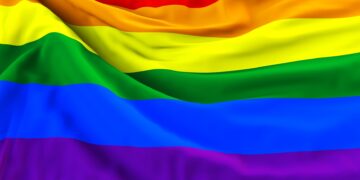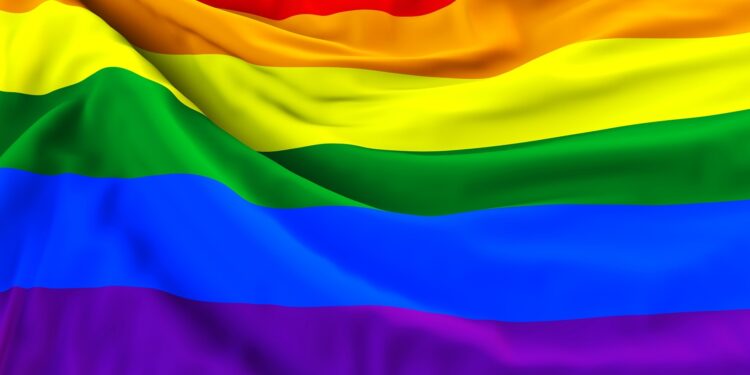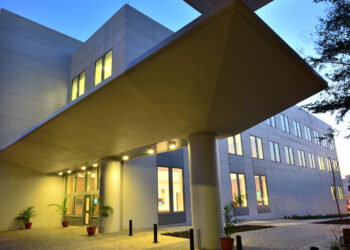By Enyichukwu Enemanna
A court in Namibia capital, Windhoek, on Friday ruled that the country’s laws placing a ban on same-sex acts between men was unconstitutional.
Namibia inherited a law banning “sodomy” and “unnatural offences” when it gained independence from South Africa in 1990.
While the ban was rarely enforced, activists said it contributed to discrimination against LGBTQ+ people, including violence by the police.
The three-man panel of Justices in unanimous judgment ruled that the laws amounted to unfair discrimination under Namibia’s constitution, noting that the same consensual sexual conduct was not criminalised if it was between a man and a woman.
After the ruling in open court, campaigners for the LGBTQ group known as Equal Namibia shared photos of people hugging each other.
Also, there is no existing law prohibiting sex between women in Namibia.
Same-sex marriage in the southern African country is illegal but if a same-sex couple weds outside the country and returns, their union is legally recognised.
“Welcome to a new Namibia. A born-free Namibia,” the group said on social media.
The term “born-free” was most famously used in neighbouring South Africa to describe the first generation of children growing up in the dawn of democracy after white-minority rule ended in 1994.
The court case was brought by a Namibian activist called Friedel Dausab, with backing from the British charity Human Dignity Trust.
“It won’t be a crime to love anymore,” Mr Dausab said reacting to the verdict.
Summing up his emotions, he told the Reuters news agency he was “just happy”.
The UN has also applauded the ruling, calling it a “powerful step” towards a more inclusive nation that would also improve access to health services and HIV treatment.
Heritage Times HT reports that same-sex relations in Africa has witnessed government-backed clampdown in recent times.
Recently, Ghana has proposed anti-homosexual legislation which seeks to jail LGBTQ advocates for ten years.
It also proposes three-year imprisonment for people who identify as gays.
The proposed legislation also makes the funding of LGBTQ activities illegal.
In Ghana, same-sex union among men is already illegal, but the new bill has included lesbianism as well as marriage to objects.
Ghana is one among the many African countries tightening the grip on LGBTQ which they say corrupts the family morals.
Uganda has been sanctioned by lending agencies, including world bank arising from its anti-gay legislation.




































